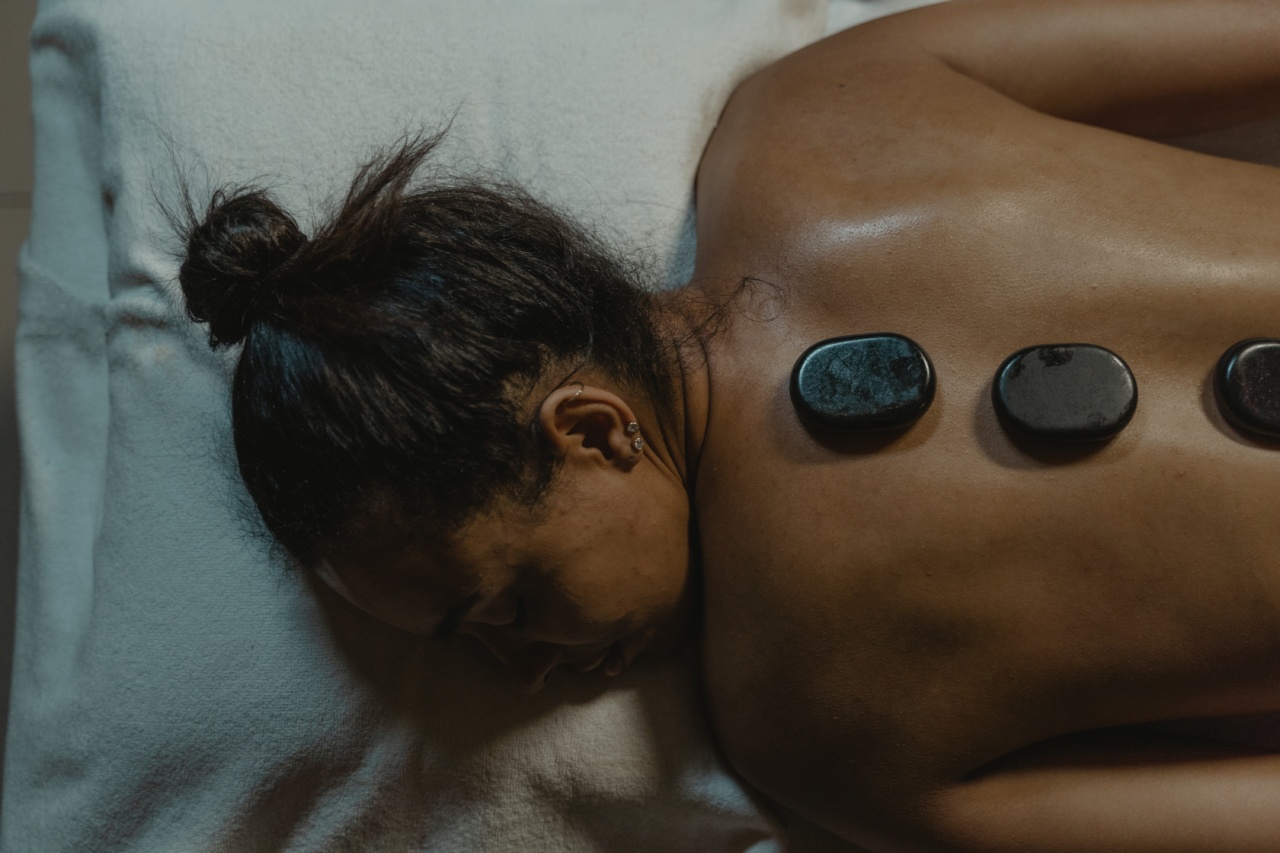Our bodies are governed by a natural rhythm that regulates everything from our eating and sleeping patterns to our hormone levels and mood.
This internal clock, also known as the circadian rhythm, is controlled by a series of genes that are active in different parts of the body. By understanding how these genes work, scientists are beginning to unlock new ways to treat a range of health conditions.
What is the Body Clock?
The body clock is a 24-hour cycle that regulates the activity of different organs and systems in the body. It is controlled by a group of genes that are active in different parts of the body, including the brain, liver, and pancreas.
These genes produce proteins that interact with each other to create a feedback loop that helps to regulate the body’s functions.
How Does the Body Clock Work?
The body clock works by regulating the activity of different genes and proteins in the body. During the day, when we are active, our body produces different hormones and chemicals that help to regulate our functions.
At night, when we are sleeping, our body produces different hormones and chemicals that help to regulate our sleep and rest cycles.
The Role of Light in the Body Clock
One of the most important factors affecting the body clock is exposure to light. The body’s natural clock is set by exposure to light, particularly in the blue spectrum.
This is why exposure to bright light in the morning can help to reset the body clock and improve sleep quality.
The Connection Between the Body Clock and Health
The body clock plays an important role in our overall health and wellbeing. Many health conditions, including diabetes, depression, and obesity, have been linked to disruptions in the body clock.
Researchers are working to understand the mechanisms behind these connections, and to develop new treatments that target the body clock.
New Therapeutic Approaches
One of the most promising new approaches to targeting the body clock is through the use of drugs that affect the activity of specific genes and proteins.
These drugs can be used to reset the body clock and improve sleep quality, or to target specific diseases that are associated with disruptions in the body clock.
Chronotherapy: Using Timing to Improve Treatment
Another approach to using the body clock to improve health is through a technique known as chronotherapy. This involves timing the administration of drugs to take advantage of the body’s natural rhythms.
For example, chemotherapy drugs are often administered at specific times of day in order to maximize their effectiveness and minimize side effects.
The Future of Body Clock Research
As our understanding of the body clock continues to evolve, researchers are discovering new ways to harness its therapeutic potential.
From new drugs that target specific gene pathways, to innovative chronotherapy approaches, the future of body clock research is bright.
Conclusion
The body clock plays a critical role in our overall health and wellbeing.
By understanding and harnessing its therapeutic potential, we can develop new approaches to treating a range of health conditions.Incorporating chronotherapy to our treatment strategies could potentially approve its effectiveness in treating ailments. As research in this field continues to evolve, the possibilities for improving human health through the body clock are endless.





























